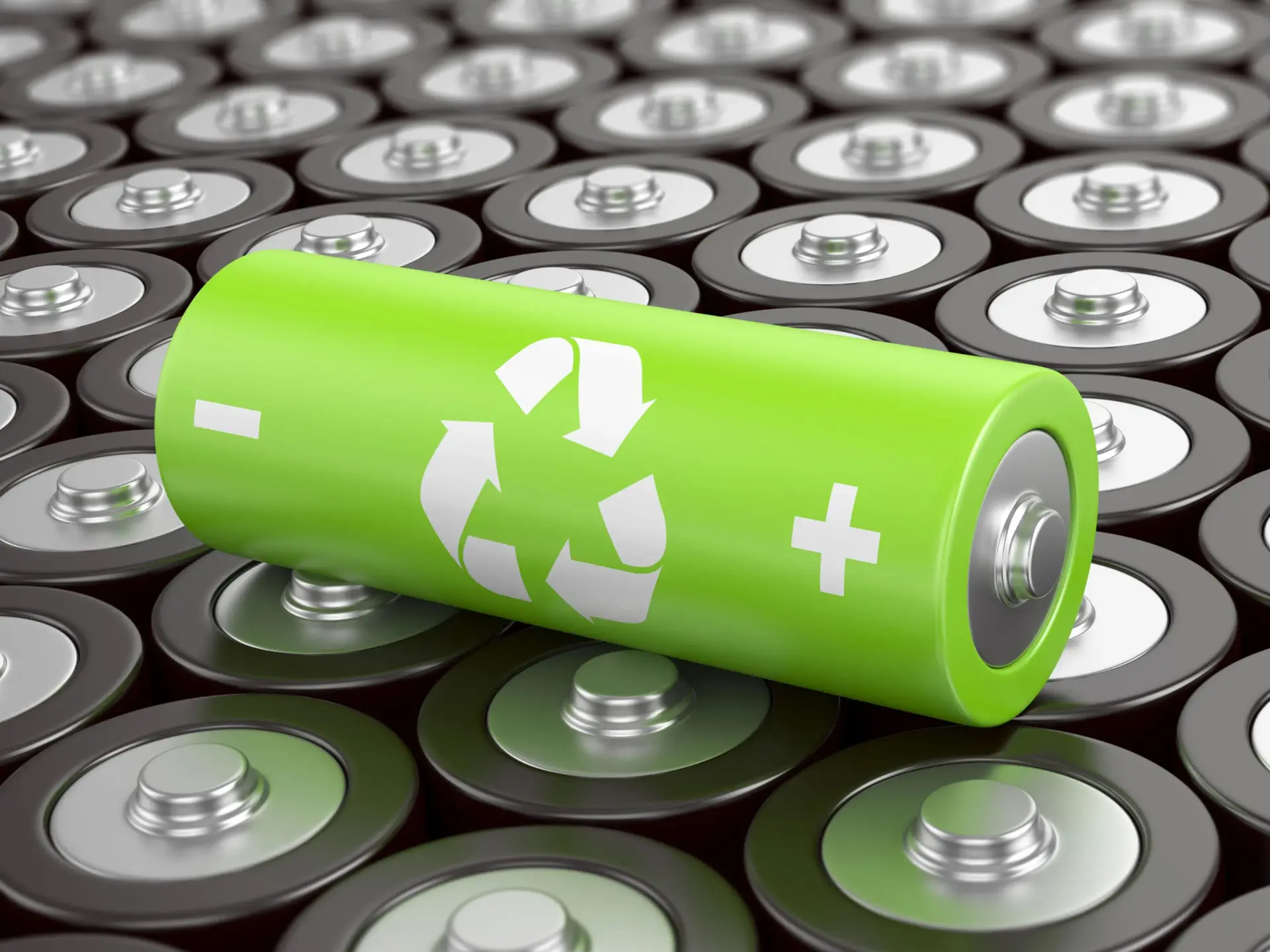India is undergoing a lithium-ion battery revolution driven by electric vehicle
(EV) adoption. While this shift aligns with renewable energy goals, it also raises
concerns about battery disposal and the sustainable sourcing of energy transition
materials. However, this battery waste crisis can be transformed into an
opportunity to bolster energy transition and security.
Lithium-ion batteries, omnipresent in modern life, power a range of devices
from smartphones to EVs and renewable energy storage systems. Projections
suggest that India’s lithium-ion battery market will reach around 120 GWh by
2030, with recycling potential of 23 GWh, creating a significant influx of end-
of-life batteries. This presents both environmental hazards and opportunities to
accelerate India’s energy transition.
India’s aggressive adoption of electric vehicles has led to substantial EV growth.
However, battery recycling capacity lags behind production, requiring a
significant scale-up of energy transition material supply to sustain battery
manufacturing.
To address this gap, India introduced the Battery Waste Management Rules in
August 2022, providing a regulatory framework for battery recycling.
Moreover, batteries from EVs can be repurposed for secondary applications at
the end of their lifecycle before recycling, potentially creating a cumulative
reuse capacity of about 49 GWh by 2030.
India’s EV battery waste crisis, if managed strategically, can serve as a green
energy opportunity. By embracing lithium-ion battery recycling and reuse, the
country can enhance its energy transition, and contribute to a sustainable
economy.
(opens in a new tab)


